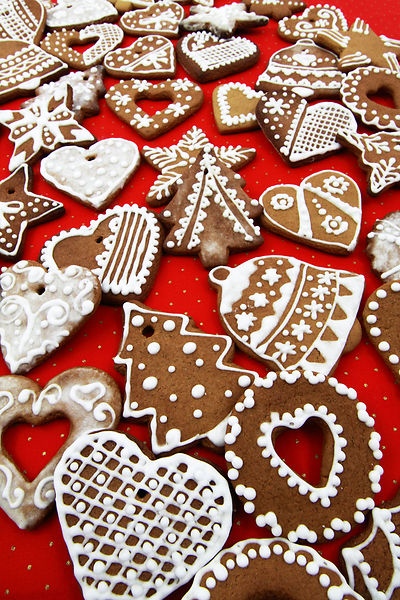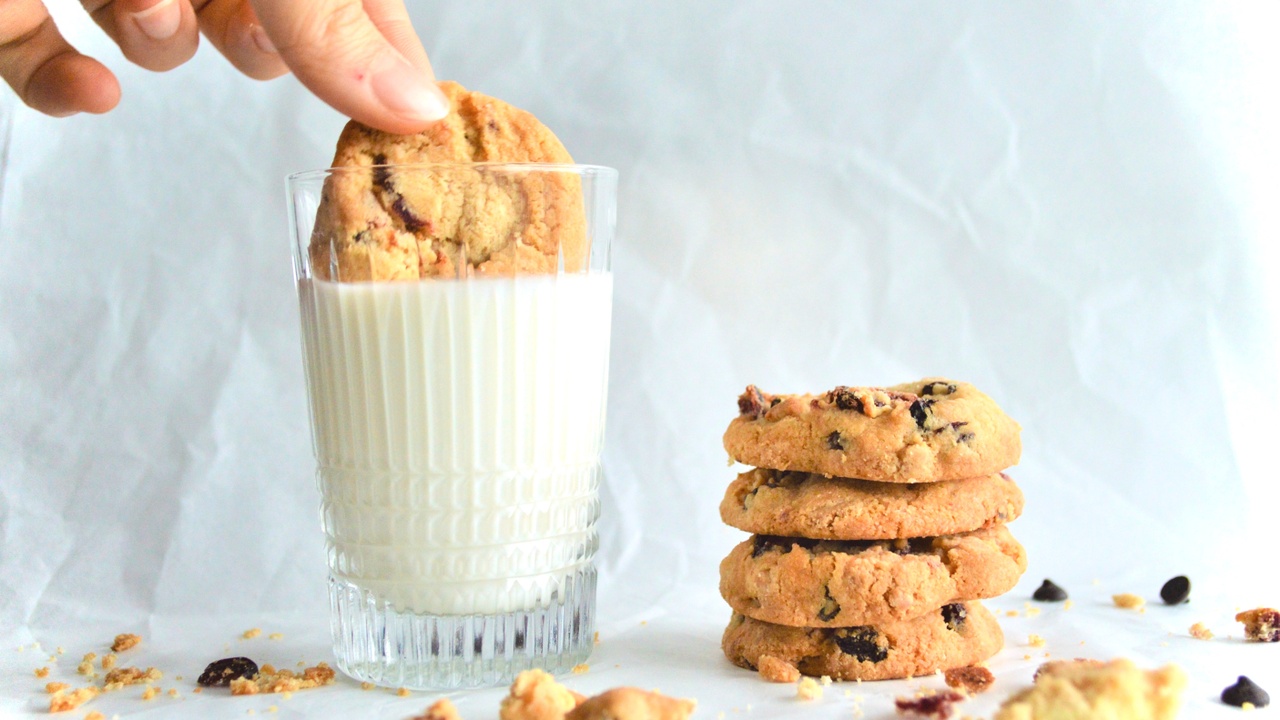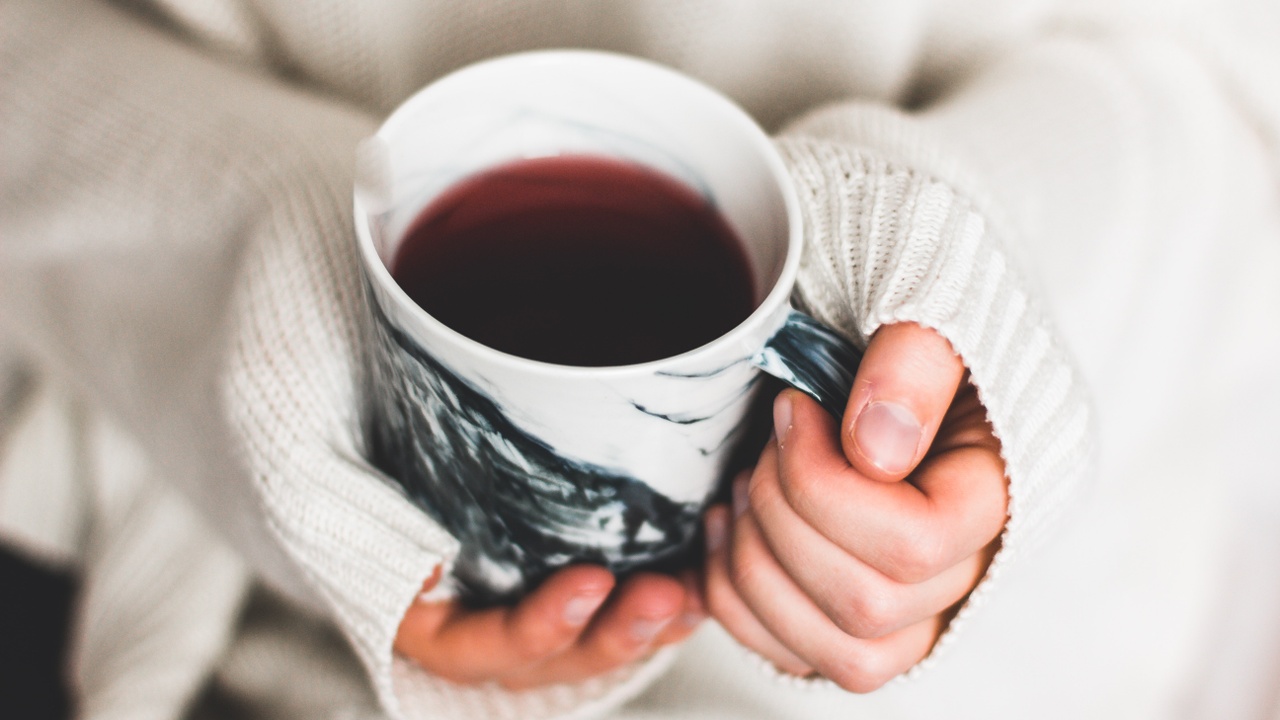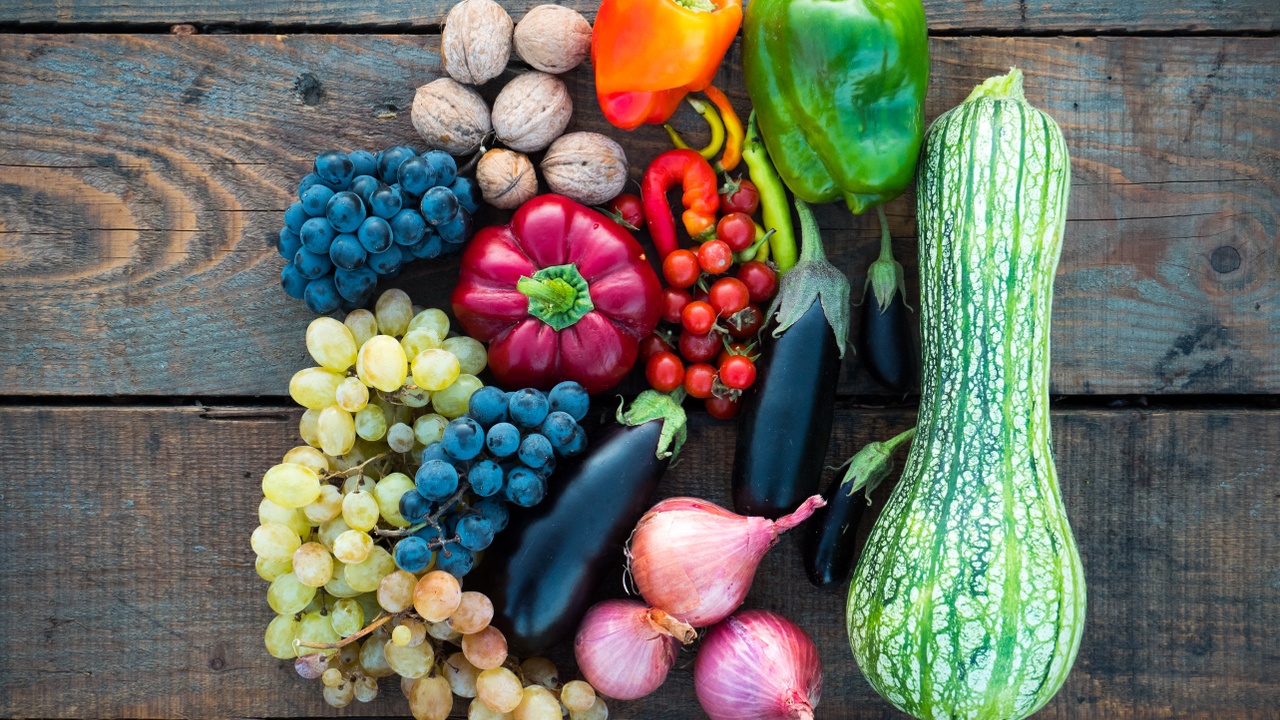All sugared-up
With Christmas comes the onslaught of brightly coloured wrappers and decorated boxes adorning chocolates, biscuits and sweets. For some, this represents dietary abandon with the resolution to bring it all round in the New Year.
But some of us have had enough of that swing and prefer not to feel like we’re lurching from a sugared-up state that leaves us feeling sluggish, bloated and, well, a bit dirty, to somehow suddenly having the willpower to give it all up come Hogmanay. So let’s unpick some of those Christmas habits in order to maybe evolve some healthier ones...
 The sweetness of tradition and Its potential traps
The sweetness of tradition and Its potential traps
While original yuletide feasts were designed to celebrate coming together as communities to nourish and fuel for the winter months, human’s love of the sweet stuff seems to get a free pass at Christmas. It can even seem conspiratorial when, if you politely decline the third round of mince pies of the day, you can receive sideway glances that make...
It is part of our human condition to seek and want; desire is part of our motivation dynamic. As babies we first feel this when the desire to reach a toy or procure some food provides the impetus to learn to roll over or cultivate eye-to-hand coordination.
In this article, I will mainly discuss cravings for sugars and sweet foods, but many of the mechanisms and cycles described can equally apply to anything we crave. Not just food stuffs, but also general ‘stuff’ – having more, seeking and acquiring (think window shopping or Ebay trawling!) – in an attempt to fill a void or distract ourselves from being with uncomfortable feelings and emotions. They are also the roots of any addictive behaviour, from smoking to over-working, from alcohol to over-exercising, any behaviour of excess or that we feel ‘normalises’ us, can be examined from a few angles that can help free us from acting on our impulses and feel we have the liberation of choice.
The blood sugar connection
Cravings of any ki...
January is a time of new beginnings and even recalibration – taking stock of the aspects of our lives where we go awry and find ourselves going round and round in circles.
So much of where we can get stuck is based on old survival strategies learnt in early childhood and listening to these inner voices of what we need to feel safe and secure is a key part of moving through life in a stress-free way.
The more we can let ourselves off the hook of expectation and recognise our true needs, the less self-judgment we need to throw up and the kinder we can be to ourselves.
This is the stuff that can help us be free our reactions and behaviours that we might be fed up with with; turning to sugar or alcohol when we’re stressed, arguing with our partner or feeling a mental and physical exhaustion that stops us from exercising in the way we’d like.
For instance, my ‘resolutions’ last year were:
1. Notice when I’m close to or have become overwhelmed and respond…
2. Work less and only do what I...
Winter in the 21st century can seem all about preparations for Christmas - shopping, decorations and TV, but inside, it’s all systems on heat and protection as we move into the coldest months of the year.
How can we ensure we keep strong through these months, instead of crippling our resources when we need them most?
It is always good to remember that Christmas for our fore-mothers and fore-fathers was always a time to see in the winter and prepare for the colder months to come. A huge difference between then and now is the availability of the food itself.
When we relied on what the land gave us – or later what we grew and raised – every calorie was precious, especially those from fat, the best compact source of energy to see you through the winter.
Now calories are all too abundant and living in centrally heated homes, we have removed the need to produce as much body heat from fat.
The motivation of a feast at the height of winter no longer fits with the way we live. Frenzied con...
With so much emphasis on what to eat, the how can get rather left behind, but the full process of digestion – breaking down and absorbing food – demands as much calm and mindfulness as any aspect of our yoga practice. When this is compromised, partially digested food in the gut can cause gas, bloating and contribute to IBS symptoms.
Time, stress and habit often see us bolting food or eating on the go without much thought. Optimal digestion needs energy resources fully directed to the gut and any movement quickly reroutes it out to the muscle; including just standing and using postural muscles. Stress also sends a signal to prepare for protective physical movement and again, muscle wins out. We feel a tense body, often including gripping and tightness in the belly as digestive processes are halted. Our digestive tract has nervous system activity of its own and you really can trust ‘gut feelings’ as a measure of stress.
It is the parasympathetic or calming and meditative tone of the ne...









